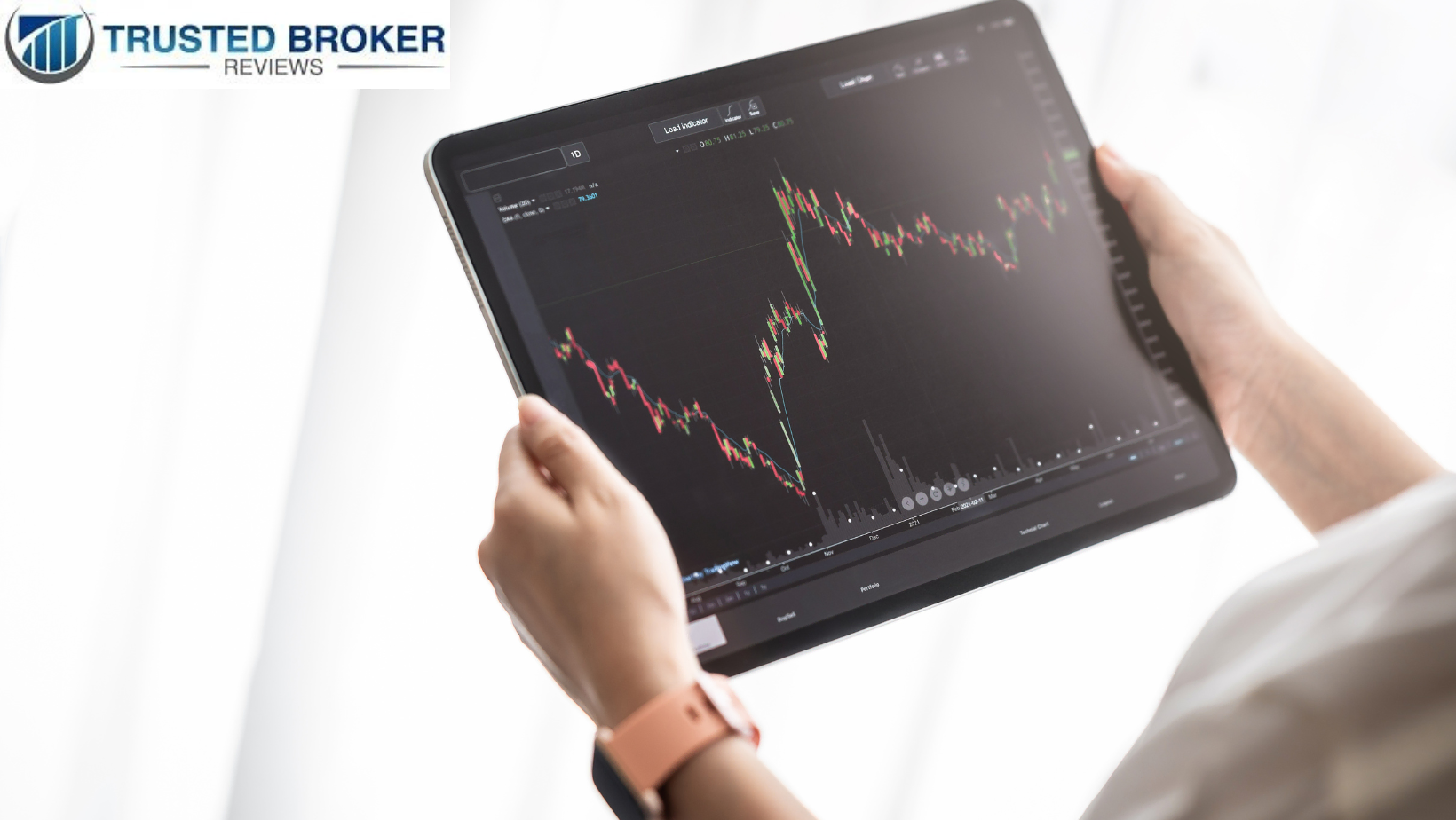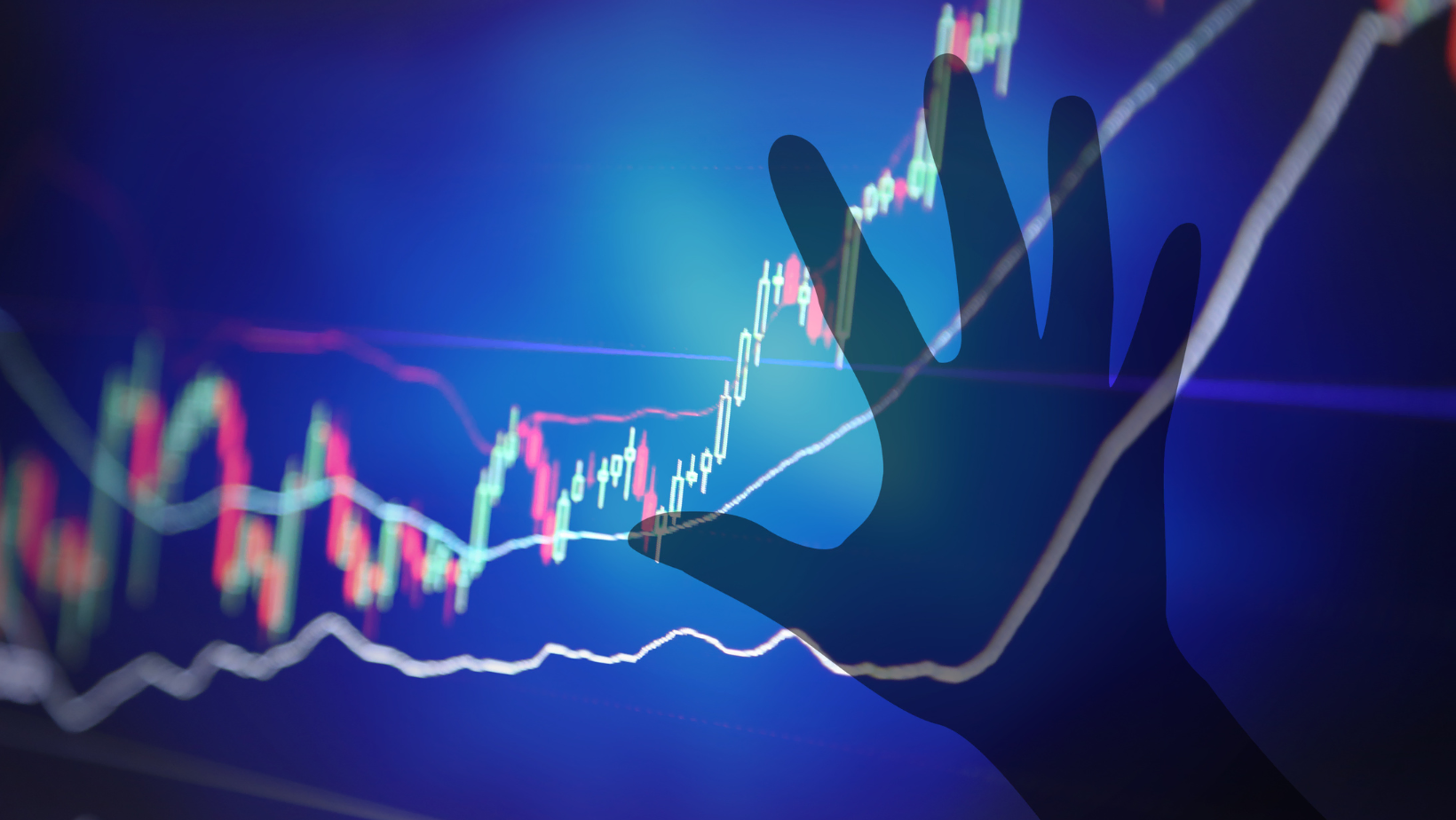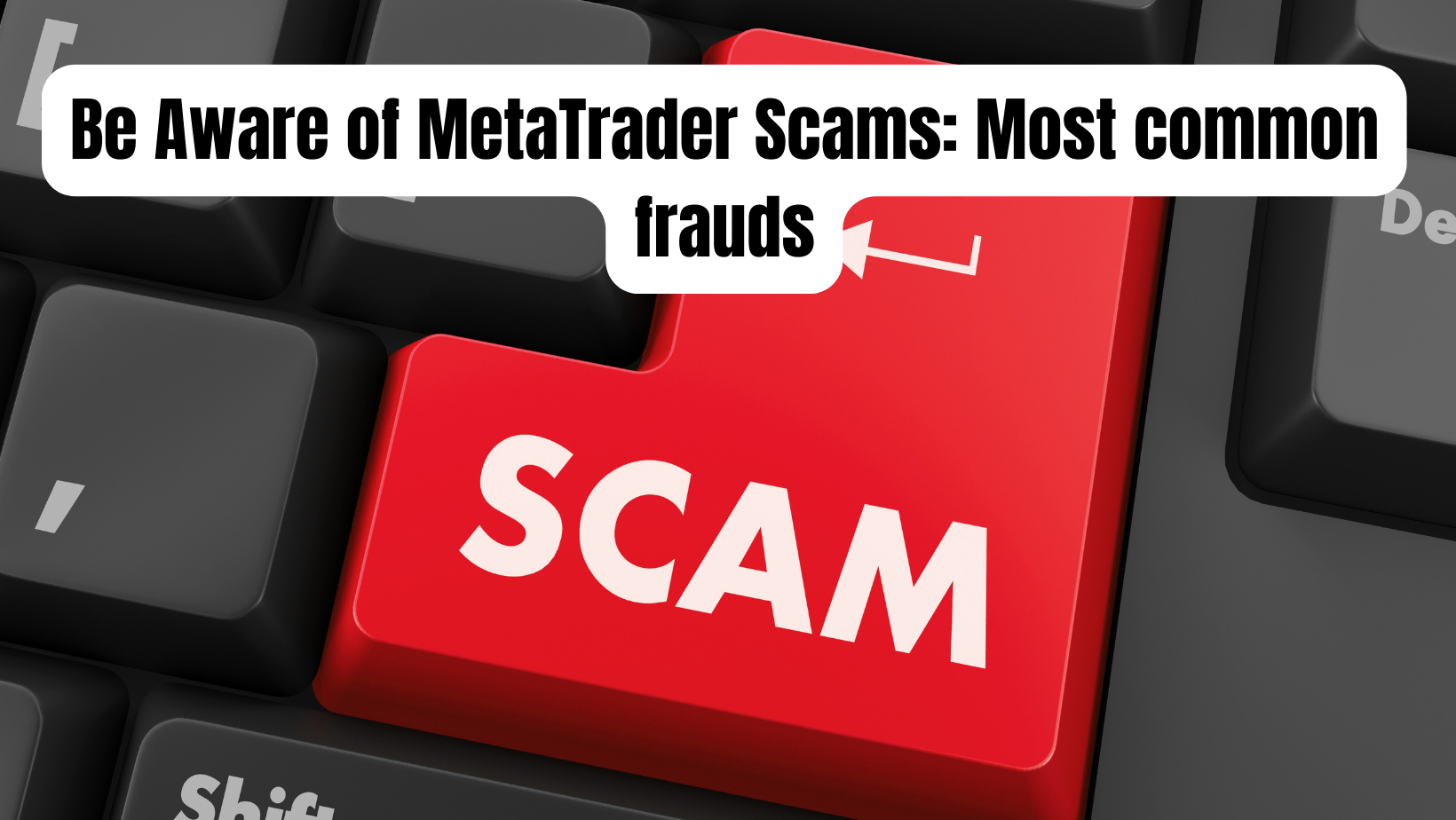The 5 best forex careers to earn money
Table of Contents
The Forex market can be exciting and profitable if you understand how to buy and sell currencies. There are not only good forex brokers offering the possibility to earn money, but also high-paid jobs. If you are attracted to this field, you may want to pursue a career.
Various qualifications are available to aspiring personal finance and asset management professionals who want to advance their knowledge in their industries. On the other hand, foreign currency traders may not necessarily have the same level of access to extensive skill-building programs like the Certified Financial Planner and Chartered Market Analyst qualifications.

However, market participants can benefit from a variety of advanced education options to boost their effectiveness in the area. Numerous education programs are available to assist forex traders in improving their abilities and knowledge in their area. The CFA is a professional designation for a financial consultant. To get a Forex-related job, you need to know and follow the laws and regulations that apply to financial accounts and trading. You may also need to pass exams such as Series 3, Series 7, Series 34, and Series 63 to qualify for specific occupations.
The forex market is the largest global asset market in size and volatility, operating twenty-four hours a day, seven days a week, and is essential to global economics and banking. Working as a currency trader can be risky and demands a high level of expertise, discipline, and training. Other ways for non-traders to engage in the Foreign exchange market exist. Some jobs in the Forex market that are not primarily connected to trading include marketing strategy, account administration, licensing, and software development.
1. Account manager / Professional trader / Institutional trader

You could have what it takes to become a professional forex trader if you’ve consistently successfully traded forex on your own. Account managers and experienced forex traders are required by currencies mutual funds and hedge funds that operate in forex trading to execute buy and sell choices.
Forex traders are hired by investment firms such as banks, multinational companies, and central banks that need to hedge against foreign exchange price movements. Individual accounts are managed by certain account managers, who make trading choices and execute trades according to their client’s objectives and risk tolerance.
These occupations come with a lot of perks. Account managers are in charge of a lot of money, and how well they handle it affects their professional reputation as well as the reputation of their business. They are required to meet their profit targets while assuming a reasonable level of risk. Expertise with specific trading platforms, work experience in finance, and a bachelor’s degree in economics, economic theory, or management may be required for this role.
Professional traders may be required to trade commodities, options, futures, and other investment products in addition to forex. This profession usually requires a bachelor’s degree in economics, accounting, or business, problem-solving and analytical skills, and an understanding of markets and financial instruments, mainly foreign exchange. Previous brokerage experience may be required.
Notice:
A Trade Audit Specialist is a related position working with clients to resolve trade disputes. Trade auditors must understand people well, work quickly, and think when solving problems. Naturally, a thorough understanding of the company’s Forex trading and trading platform is required to help clients.
Exchange managers have more experience and responsibilities than exchange managers. These experts drive, finance, calculate and coordinate trades in the foreign exchange market. This post may require knowledge of currency-related software such as the famous Interbank Financial Telecommunications Association.
2. Forex market analyst / Currency researcher / Currency strategist / certified financial analyst (CFA)

Forex market analysts, also known as forex researchers or strategists, work for brokerage firms. The research and analysis of the market to compile a daily market commentary on the foreign exchange market and the political impact of political and social issues on currency values.
These professionals must be able to utilize technical, fundamental, and quantitative analysis to formulate opinions and develop premium content fast enough to keep pace with the fast-paced Forex market. Both single retail traders and institutional traders utilize this news and analytics to guide their trading decisions.
Analysts can also conduct training conferences and webinars to assist traders and prospects in becoming familiar with Forex trading. Forex analysts are equally trying to have an established media presence. This gives them a chance to become a trustworthy source of Forex data and market the companies they work for. Therefore, a forex analyst has a significant marketing component. This market may be stealthy for untrained investors.
Analysts must possess a bachelor’s degree in economics, finance, or similar, must have no less than one year of experience in financial markets as a trader and analysts, and be active in the forex market. Analysts must possess good communication and presentation skills. They must have good knowledge of economics, international economics, and foreign politics.
While the CFA program primarily focuses on capital consolidation and management of portfolios, a few key learning objectives rely on a working understanding of foreign exchange-associated concepts.
For instance, CFA applicants must study financial statements consolidation works for income-generating companies in offshore markets, the impact of currency fluctuations on capital risk, forecast forex rates, and the basic rules of the foreign exchange market. The various objectives of the CFA program, charter Holders have a proven capacity to study complicated financial material and have a good knowledge of the entire industry.
3. Financial risk manager (FRM)

The FRM program also covers a wide range of quantitative topics such as risk assessment and modeling, risk management, credit risk measurement, and market risk measurement 3.
Financial risk manager holders have various career opportunities, such as risk management and risk analysis. The operations of banks, governments, and hedge funds depend heavily on the foreign exchange market, so risk management experts are needed.
Almost all large international organizations are working to mitigate the effects of adverse exchange rate fluctuations. For example, Wal-Mart can buy resources in China in yuan and sell these goods in pesos to Mexican buyers.
If the yuan appreciates and the peso depreciates against the US dollar, Wal-Mart will suffer a double cash loss from buying and selling. First, you must spend more dollars to buy Chinese goods, and less money comes from Mexican buyers. These changes significantly reduce the company’s results, so exposure must be appropriately reduced.
Currency risk management is an essential aspect of the portfolio management procedure. Whereas some managers may assume a passive tactic for currency risk optimization, large organizations often use qualified managers to hedge currency risk with respect to their international investment holdings.
While global diversification becomes an increasingly important part of portfolio management, CFA programs address many of the main problems investors need to know.
4. Certified market technician (CMT)

Understanding Fibonacci patterns, Bollinger bands, pivot points, candlestick shapes, Elliott waves, and other chart patterns is a common hallmark of successful Forex traders.
Specifically, speculators using these technical analysis strategies are the most significant component of daily Forex trading volume. The Chartered Market Technician program aims to improve the technical analysis skills of people with status. Like the CFA and FRM programs, the CMT degree focuses on understanding the practical application of chart patterns.
Technical analysis can be used for personal portfolio purposes or to support the underlying strategy of an organization. Charts can often help analysts understand the unique behavioral components of a currency pair, which can be used to predict and predict future currency movement. Learning to integrate chart charts with various financial signals gives charter holders a substantial competitive advantage when implementing complex trading strategies.
5. Securities brokers and trade audit specialists

To close the top three job opportunities in Forex, your third option is to become an exchange partner. They are commonly referred to as Trade Audit Officers or Exchange Managers. The Exchange Operations Officer’s role includes managing new customer accounts, verifying customer identity, managing customer withdrawals, and providing customer service. You must have a bachelor’s degree in economics, accounting, or business to get this position. You must also be proficient in financial markets.
A Trade Audit Associate’s role includes working with clients to resolve trade disputes. So, you need to have good communication skills and be able to help customers properly. Exchange Operations Manager is responsible for the execution, financing, settlement, and reconciliation of Forex trades. Therefore, you should be familiar with Forex-related software such as the World Interbank Financial Telecommunication Association (SWIFT) system.
Conclusion – There are many great career options in the forex market!
The foreign exchange market offers a wide range of job prospects, frequently influencing the additional qualifications needed to get into the area. Hedge fund quants are likely to have PhDs, risk managers can pursue the FRM certification, institutional investors are likely to profit from the CFA certification, and traders can consider the CMT certification. Determined financial professionals can mix multiple qualifications and programs to meet their specific requirements.
FAQ – The most asked questions about Forex careers:
Is a profession in forex trading a good career option?
Online forex trading is a viable employment option due to its high liquidity, easy accessibility, and 24 x 7 schedule, making it an excellent way to earn money with trading.
Can you have a full-time career in Forex?
There is no room for error when trading Forex full-time since it is a high-pressure career that eventually becomes your only source of income.
How can I start a career in Forex?
The fundamental analysis must be learned to function as a trader for a Forex Trading Firm. To work as a financial analyst, you must be proficient and skilled in fundamental analysis. There are various job opportunities available, but foremost is Financial consultant or financial analyst. You must grasp Fundamental Analysis to handle Forex funds successfully over the long run.
What are the top 5 forex trading careers?
The foreign currency (Forex) market, open around the clock and the most significant investment industry in the world in terms of trading and liquidity, is essential for international trade and finance. Being a forex trader may be risky and takes a lot of talent, focus, and education.
The top 5 career opportunities in forex trading are as follows:
– The forex industry regulator
– Forex market analyst
– Currency Researcher
– Professional trader/ Manager of exchange operations
– Trade audit associate
Last Updated on February 17, 2023 by Andre Witzel


